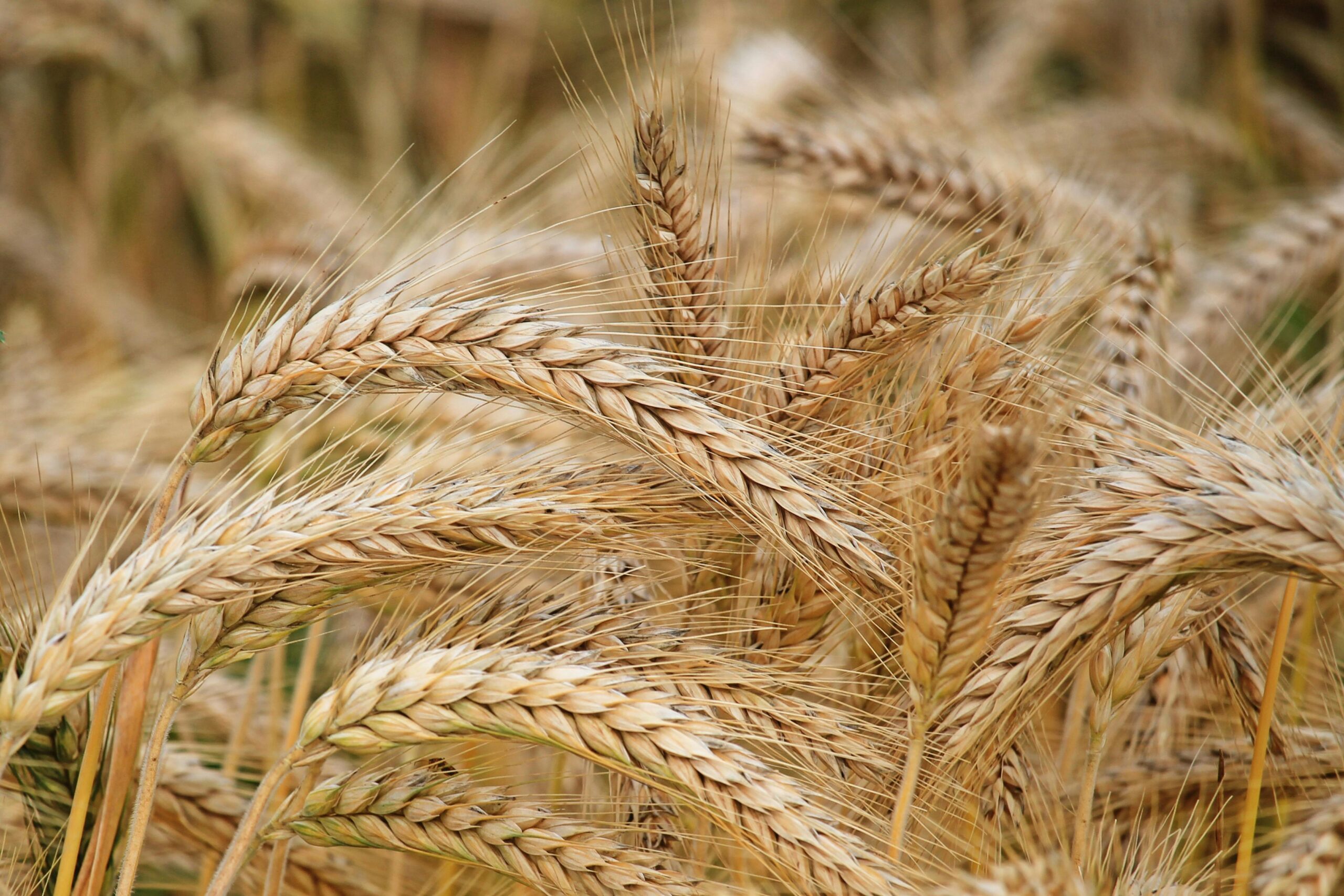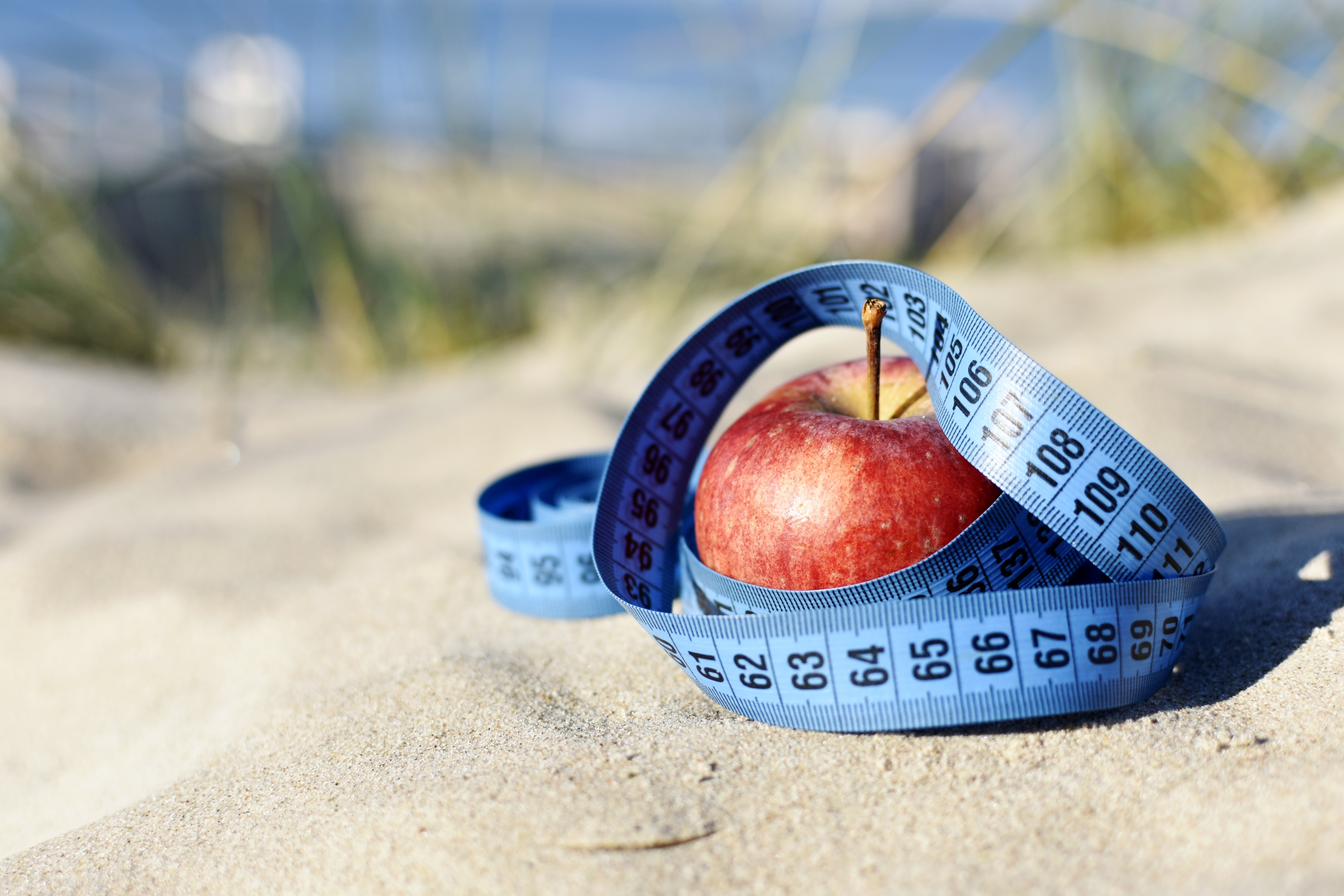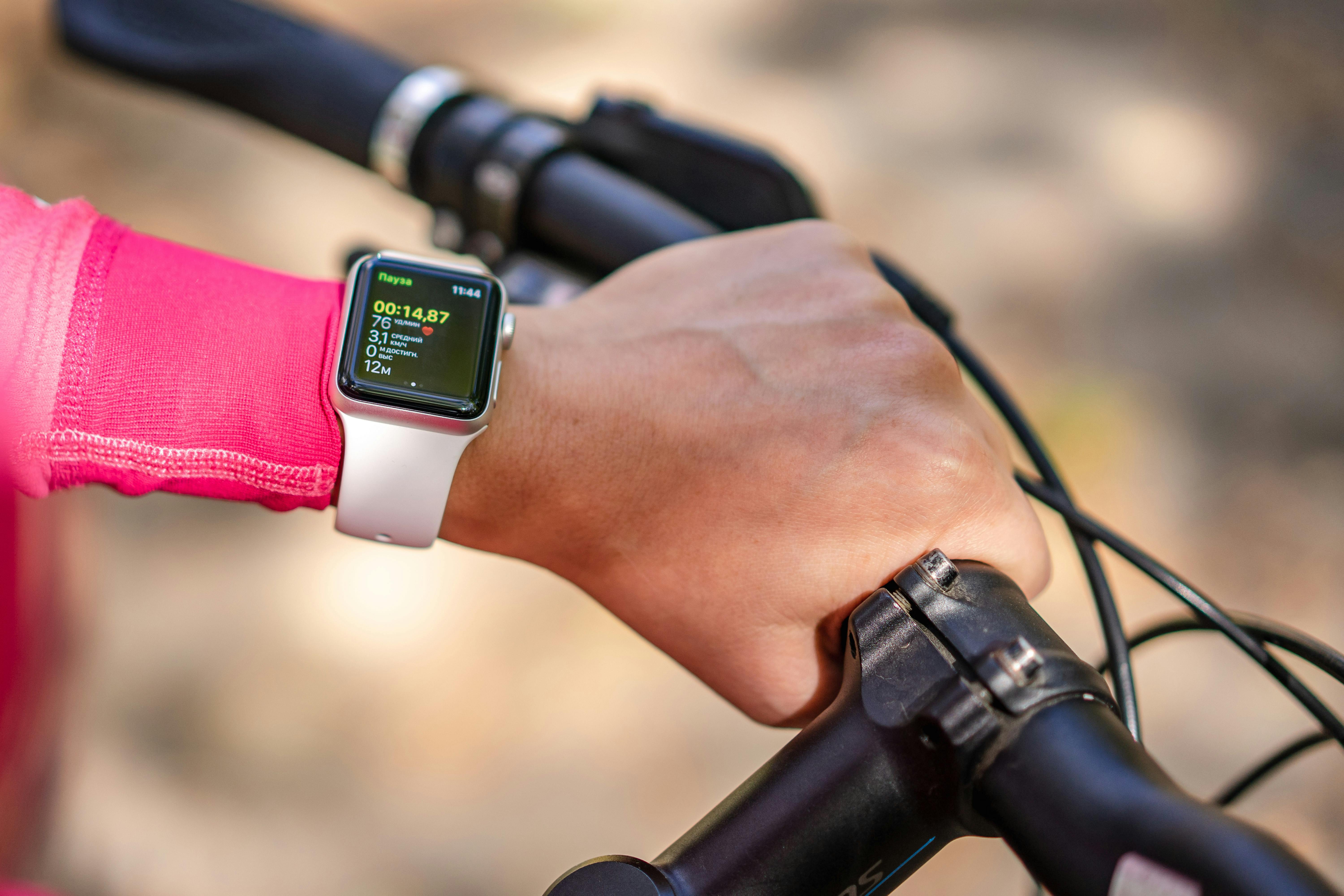Oats: A Super Grain on Your Breakfast Table

Oats have become a popular breakfast choice for many people around the world, thanks to their health benefits and versatility. Whether you prefer them as a warm bowl of porridge or baked into granola bars, Oats are a super grain on your breakfast table and can be a delicious and nutritious start to your day. However, like any food, they have their pros and cons. Let’s dive into what makes oats good for you, a few cautionary notes, and their role in weight loss.
The Good in Oats
Nutrient-Rich: Oats are packed with essential vitamins and minerals, including manganese, phosphorus, magnesium, iron, zinc, and B-vitamins, making them a powerhouse of nutrition.
High in Fiber: One of the biggest benefits of oats is their high fiber content. They are a great source of beta-glucan, a type of soluble fiber that has been linked to lowering cholesterol levels and improving heart health.
Blood Sugar Control: The soluble fiber in oats can also help in controlling blood sugar levels by slowing down the digestion process, which prevents spikes in blood sugar after eating.
Feel Full Longer: Thanks to their fiber content, oats can help you feel full for longer periods. This can reduce the temptation to snack between meals, aiding in weight management.
Versatile and Delicious: Oats are incredibly versatile. They can be enjoyed in many forms, from traditional oatmeal to being added to smoothies, baked goods, and even savory dishes.
Read More: The Truth About Sugar: Friend or Foe?
Simple and Delicious Oatmeal Recipes
The Cautionary Notes
Calorie Content: While oats themselves are healthy, they are also calorie-dense. One cup of cooked oatmeal contains about 150 calories, and that number can quickly rise when you add toppings like nuts, honey, or fruit.
Gluten Contamination: Oats are naturally gluten-free, but they are often processed in facilities that also handle wheat, barley, and rye. This can lead to cross-contamination, so if you’re gluten-sensitive or have celiac disease, make sure to opt for oats that are certified gluten-free.
Portion Control: Because oats are calorie-dense, it’s important to pay attention to portion sizes, especially if you’re watching your calorie intake.
Do Oats Help You Lose Weight?
The short answer is, yes, oats can help you lose weight, but they’re not a magic solution. The fiber in oats helps keep you feeling full, which can prevent overeating and snacking between meals. Additionally, the slow energy release from oats helps maintain steady blood sugar levels, which can prevent sudden hunger pangs.
However, weight loss is about the overall balance of your diet and regular physical activity. Incorporating oats into a diet that’s high in processed foods and sugar, without making other healthy lifestyle changes, might not lead to weight loss. It’s also crucial to consider how you prepare your oats; loading them with sugar and high-calorie toppings can negate their weight loss benefits.
Conclusion
Oats are a fantastic addition to a healthy diet, offering numerous benefits from their nutrient content to their ability to keep you feeling full. However, like any food, they should be consumed in moderation, and it’s important to be mindful of preparation methods to keep your meal as healthy as possible. When it comes to weight loss, oats can be a helpful component of a balanced diet, especially when combined with other healthy lifestyle choices. Enjoy them in their many forms, but remember to keep an eye on portion sizes and toppings to fully reap their health benefits.














